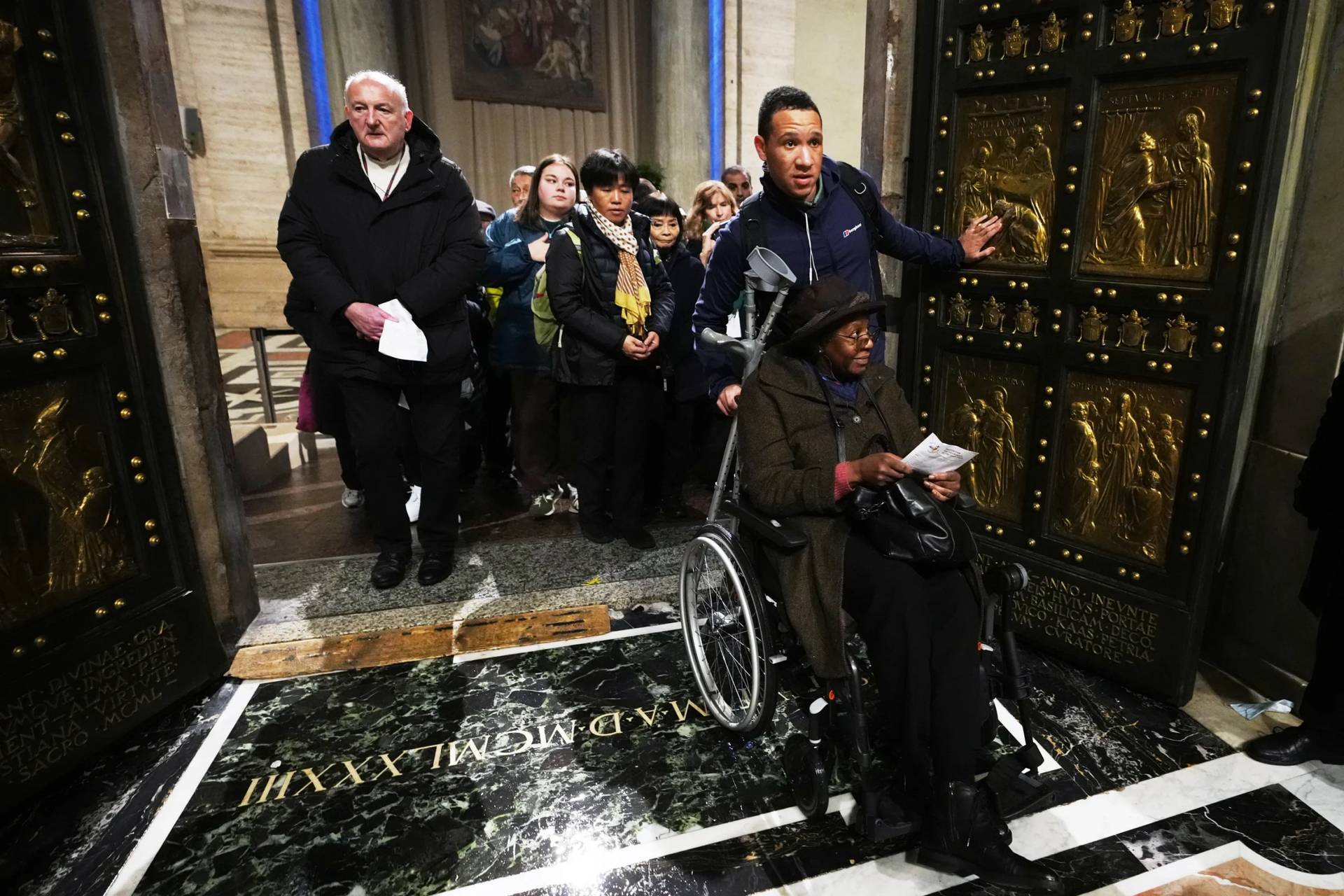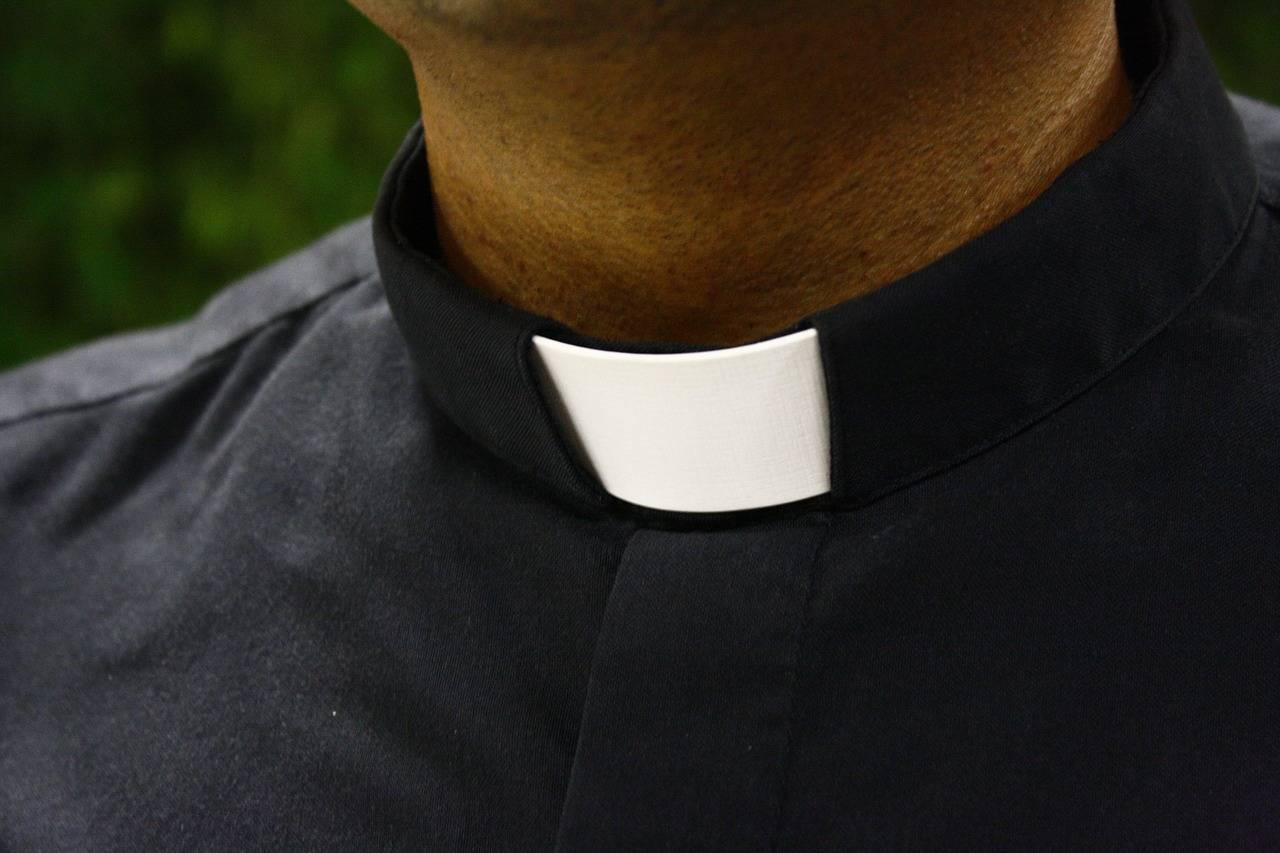India’s Catholic bishops have urged Prime Minister Narendra Modi to invite Pope Francis to visit the country, in a meeting that took place in Delhi on April 25, in what some observers took as a sign of a potential thaw between Christian leaders and a government backed by India’s strong Hindu nationalist movements.
Cardinal Baselios Cleemis, president of the Catholic Bishops’ Conference of India, led the delegation that met with Modi, who came to power in 2014 as part of the Bharatiya Janata Party (BJP), the political wing of the Hindu nationalists.
Cleemis told Crux afterwards that the meeting with Modi was “pleasant and positive.” Other Catholic officials who took part in the session included Bishop Theodore Mascarenhas, secretary general of the bishops’ conference, and Monsignor Joseph Chinnayyan, the deputy secretary general.
Cleemis said the group asked Modi to invite Francis to make a visit to India at a convenient date, which would be suitable to both the government of India and the Vatican.
Earlier this year, there had been speculation that Pope Francis might visit India to celebrate the canonization of Mother Teresa of Calcutta, perhaps in combination with a stop in Pakistan. The sainthood ceremony for Mother Teresa, however, is instead now set for Sept. 4 in Rome.
If the invitation is issued and Francis accepts, he would become the first pope to visit the world’s second most populous nation after China since St. John Paul II in 1999.
That trip stirred controversy when the Polish pontiff called on the Catholic Church in Asia to ramp up its missionary efforts, and declared that “individuals must be recognized as having the right even to change their religion, if their conscience so demands.”
Fear of Christian “proselytism” is a staple of radical Hindu rhetoric in India, and militants have frequently led forcible “reconversion” ceremonies in predominantly Christian villages.
Cleemis also told Crux that the bishops asked Modi to lead India’s delegation personally to the canonization ceremony for Mother Teresa in September.
According to Cleemis, Modi vowed that he would “favorably consider” their requests.
The bishops also delivered a note of thanks to the Indian government for its efforts to save the life of Father Tom Uzunnalil, an Indian missionary priest who was kidnapped in March during a terror raid on a Missionaries of Charity-run retirement home in Aden, Yemen, where suspected Islamic terrorists killed 16 people, including four nuns.
The bishops’ delegation, while appreciating and thanking the government of India for what has been done so far to save Uzunnalil from his abductors, requested, that Modi personally intervene to appeal for his safe release.
Cleemis said the bishops also welcomed the many initiatives under Modi to make India self-reliant, and to improve the standard of life of millions of people living in rural and weaker sections of society.
He said the bishops assured Modi of their full cooperation and participation in all the efforts of the present government towards building a better India.
An April 24 column in the Indian Express suggested the meeting was a sign of “an increasing bonhomie between the BJP and Christian leaders,” ahead of the possibility of a prominent Catholic politician in the country joining the party.
















